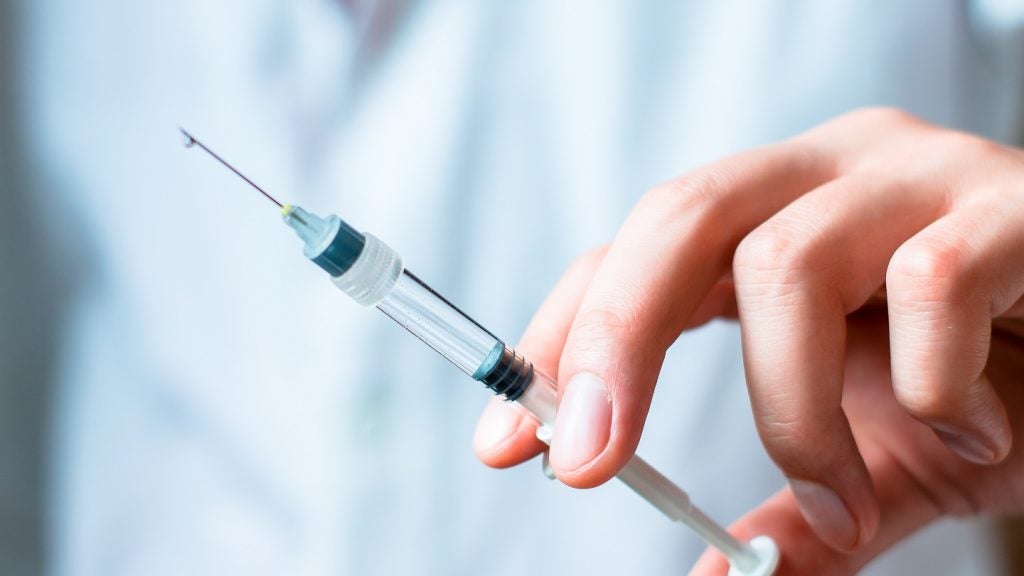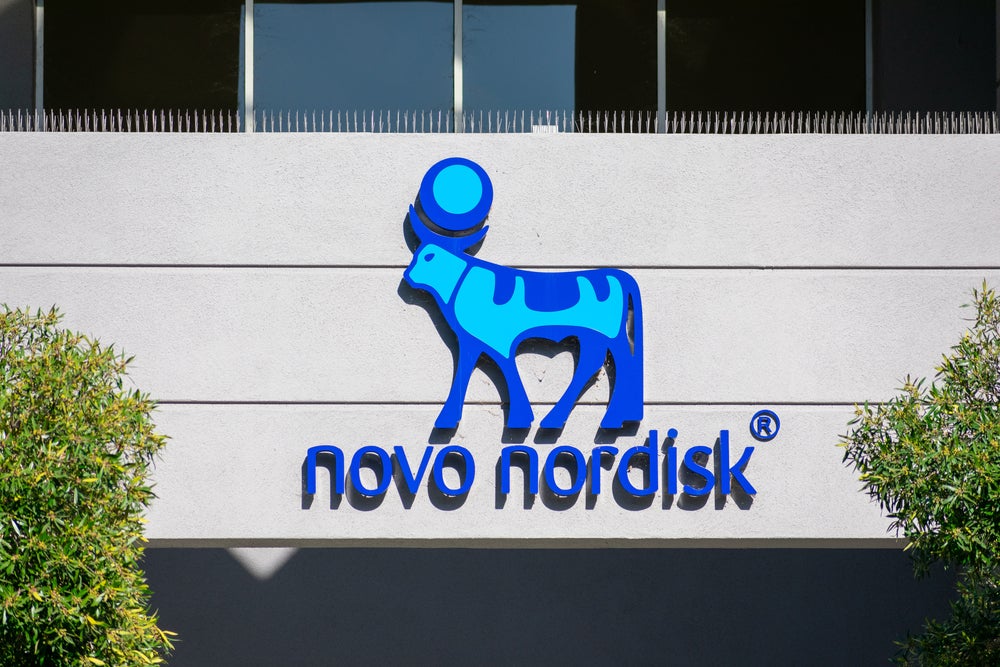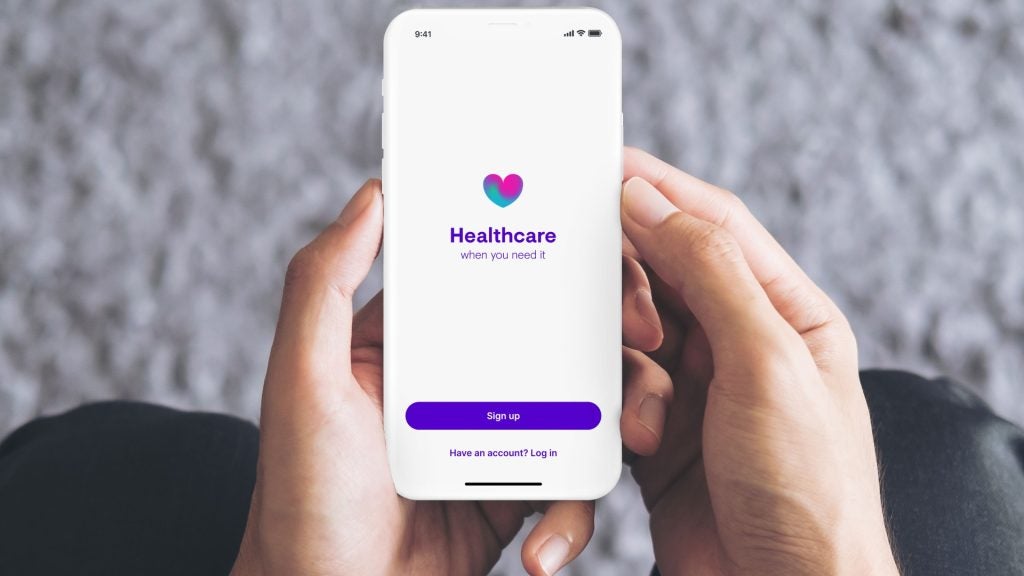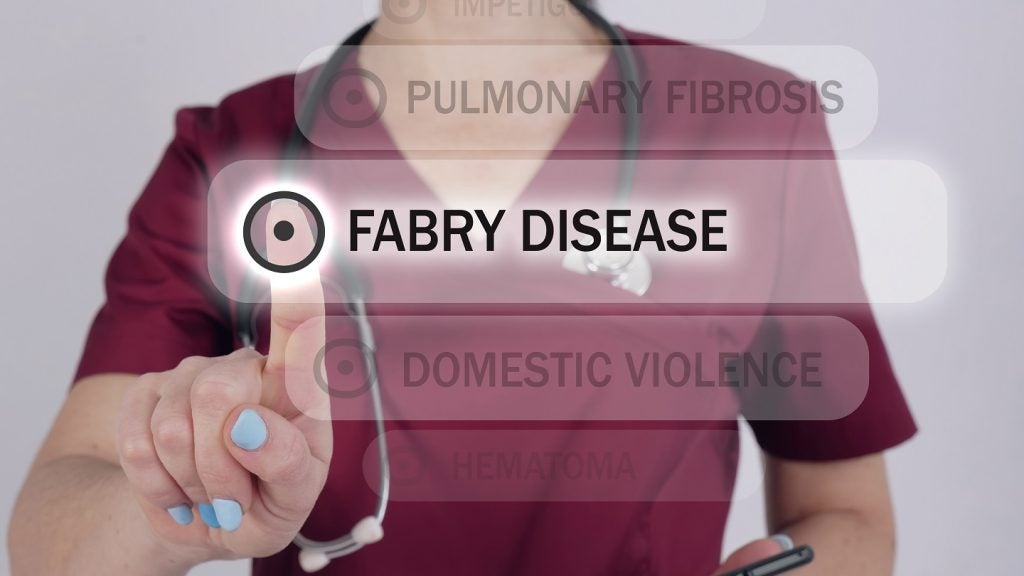GeoVax Labs has vaccinated the first patients in a Phase II clinical trial of the Covid-19 vaccine booster GEO-CM04S1 to treat chronic lymphocytic leukaemia (CLL).
The study is being carried out at the City of Hope National Medical Center in the US.
It will enrol nearly 40 participants who will be randomised in a 1:1 ratio to receive either GEO-CM04S1 or Pfizer-BioNTech’s mRNA bivalent vaccine, as control arm.
Three months after the vaccination, the study will assess immune responses in these vulnerable patients.
Immune responses will be evaluated and compared during the interim and final analyses of the study.
GeoVax president and CEO David Dodd said: “We are very pleased with the rapid start for this third important study for GEO-CM04S1, which we expect will achieve full patient enrollment within six months.
“We believe the GEO-CM04S1 vaccine, containing the two antigens, S and N, along with the recognised antibody and cellular immune responses resulting from the MVA approach, has the potential to offer greater booster protection than that from the current vaccines in use, as well as provide a greater degree of protection within immunocompromised patients.
“We expect the CLL trial will add to the data coming from our other ongoing trials, confirming the potential benefit of GEO-CM04S1 in another population of immunocompromised individuals. We look forward to sharing progress reports as we advance.”
GEO-CM04S1 uses MVA viral vector platform and presents both the spike and nucleocapsid antigens of SARS-CoV-2.
It further induces both antibody and T-cell responses to non-variable parts of the virus.















